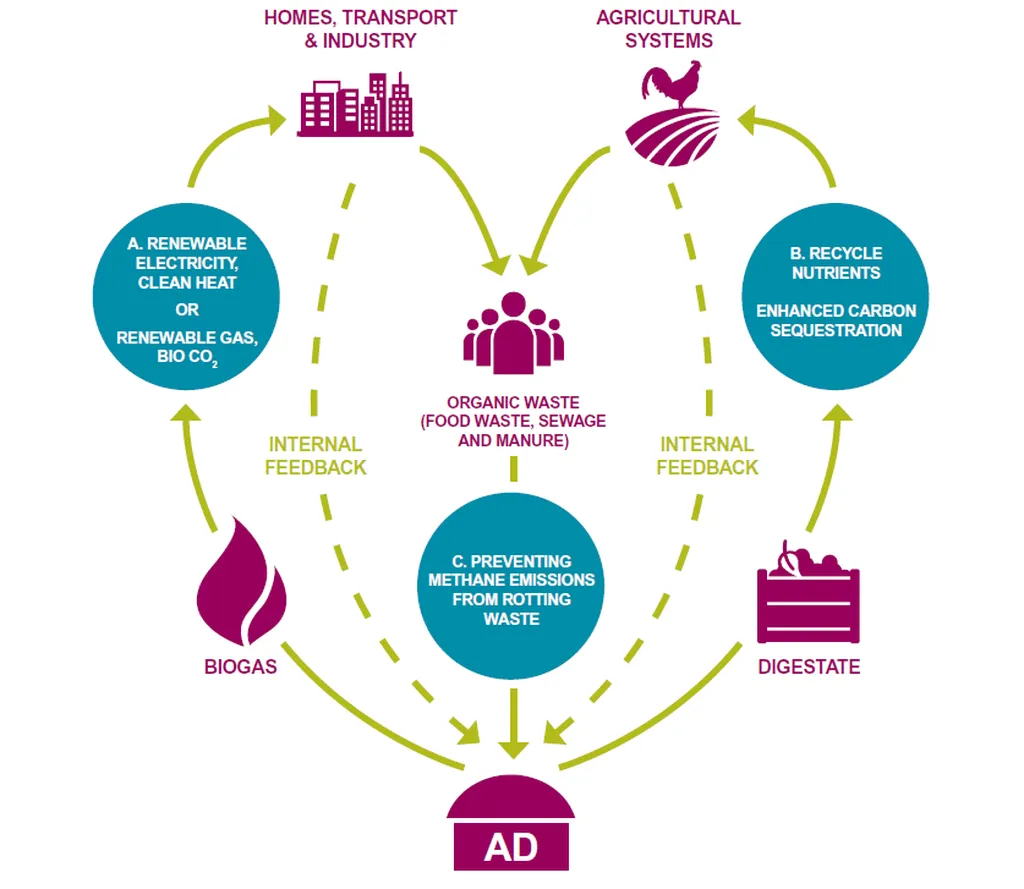Energy Security and Net Zero Secretary Ed Miliband has thrown his weight behind biomethane, acknowledging its role as a “practical and cost-effective” contributor to the UK’s net zero ambitions. However, he has yet to commit to urgent reforms of the UK Emissions Trading Scheme (ETS), which currently equates biogas with fossil gas—a stance that industry leaders argue is stifling investment.
Miliband’s endorsement came in response to an open letter from the Anaerobic Digestion and Bioresources Association (ADBA), backed by over 100 organisations in the biogas sector. The letter called for ministers to address the ETS anomaly, which industry figures claim is delaying billions in potential investment.
Chris Huhne, chair of ADBA, expressed his exasperation: “This issue is holding up literally billions in investment in a sector that can deliver good jobs in the poorest parts of the country. I am mystified about how long it is taking DESNZ to sort an issue which they have already admitted is just plain wrong.”
In his reply, Miliband acknowledged the government’s recognition of biomethane’s value: “The Government is clear that biomethane is a practical and cost-effective way of contributing to net zero greenhouse gas emissions and delivering energy security. We understand that how the ETS treats biomethane is an important issue for operators and the biomethane sector and this was considered in our 2024 call for evidence on a future framework for biomethane production.”
He confirmed that his department is developing proposals for a consultation on a future biomethane policy framework, expected before the end of the 2025/26 financial year. This consultation will draw on responses from the 2024 call for evidence and explore how best to support sector-wide growth.
Miliband also noted that officials are collaborating with the UK ETS Authority to explore how the scheme could better account for biomethane injected into the gas grid. However, he cautioned that the ETS Authority has not yet decided whether or when such a reform will be implemented.
The sector now watches closely, hoping that Miliband’s recognition of biomethane’s potential will translate into swift and decisive action. The delay in reforming the ETS risks not only investment but also the UK’s ability to meet its net zero targets efficiently. As the consultation looms, the biogas industry will be pressing for clarity and urgency, eager to unlock the sector’s full potential. The outcome could shape the trajectory of the UK’s energy transition, influencing investment flows and job creation in the green economy.

